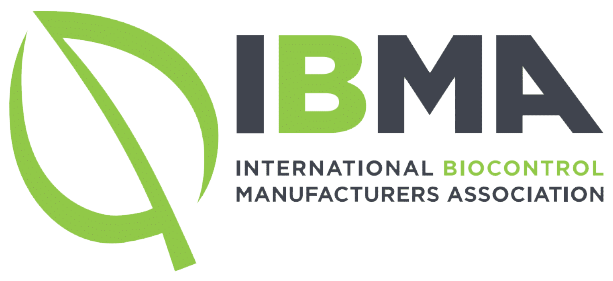The International Biocontrol Manufacturers Association (IBMA) invited a range of stakeholders to a high-level discussion under the auspices of the Belgian Presidency, on 19 March, to discuss how to speed-up biocontrol authorisation and get biocontrol knowledge, know-how and solutions to farmers now. At the event held under Chatham House Rule, support for biocontrol was expressed, particularly given its benefits for biodiversity and the climate, while maintaining productivity. In short, the land needs it, farmers want it, consumers demand it.
Multi-sector agri-stakeholders agree that farmers need biocontrol in their toolboxes as fast as possible and identified options to help make this happen. The group discussed IBMA proposals, in particular the following:
- Green priority lane: Priority lanes for sustainable products such as biocontrol already exist in some member states. These could be extended.
- Label expansion: Facilitating label extension to new crops would speed up access for farmers to biocontrol across more crops.
- Mutual recognition: Provisions that allow third parties to apply for the use of a product authorised in one country to another country should be better utilised.
- Targeted change to 1107: Provisional authorisation was seen as useful to speed up access for growers. Targeted changes are a challenge but not impossible particularly if there is a biocontrol definition.
These recommendations could help lift bureaucratic burdens which are not only hindering grower access to urgently needed biocontrol solutions but also placing financial pressure on Small and Medium Sized Enterprises that often wait up to 10 years for their innovation to hit the market.
Those using biocontrol can speak for its effectiveness in all agricultural programs and systems. It targets the problem directly, does not harm the crop, works against pest resistance, and leaves no residue. All stakeholders agreed we need to raise even more awareness of these benefits amongst farmers, policy makers and consumers. Suggestions also included offering training and knowledge-sharing on how to best apply biocontrol in the field and rewarding farmers who use biocontrol for their contributions to the public good. It was also agreed that both private and public sectors can help ensure growers, working with nature to meet consumer demands for environmentally friendly produced food, earn a fair income.
We thank all participants for the fruitful conversations today. IBMA will continue to build on the wide support for biocontrol to ensure growers have access to biocontrol solutions and call on all parties in discussions on the Strategic Dialogue on the Future of Agriculture to communicate the urgent need to speed up grower access to biocontrol.
 Square de Meeûs 35, 1000 Bruxelles
Square de Meeûs 35, 1000 Bruxelles